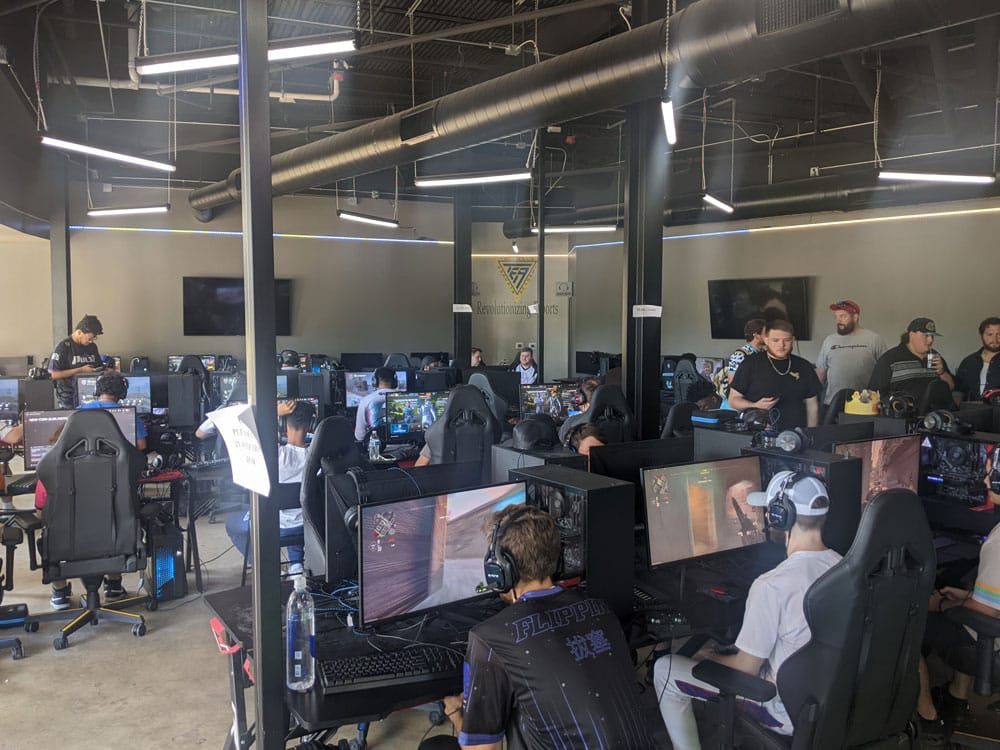
As we progress through 2024, the esports industry seems to be treading water, with few advancements in the professional scene. While scholastic esports have made some strides, the broader industry remains stuck with many of the same challenges that have plagued it for years. To get a better grasp of the current state of esports, I attended several summits, including the Esports Summit at Skillshot Media and the ESIC Global Esports Summit in Atlanta.
These events provided valuable insights, but they also highlighted that many of the issues from 2-5 years ago are still very much present today, with few viable solutions on the horizon.
Lack of Profitability: The Core Issue in Esports
The central challenge facing esports today is profitability. While there is money to be made in adjacent industries—such as PC manufacturers, IT companies, and media production services—esports-specific organizations like tournament organizers and professional teams continue to struggle. Despite the growth of the industry in terms of viewership and participation, these core companies are not seeing the financial returns that would make esports a sustainable business model.
At North Carolina Esports Academy, we’ve experienced success with youth esports programs, but the returns would not necessarily attract Venture Capital or Private Equity investments, which makes it difficult to scale or promise long-term profitability.
Comparing Esports to Other Entertainment Industries
To understand the esports profitability issue, it’s useful to look at other major entertainment industries:
Film generates revenue through the sale of rights to movies and TV shows.
Music makes money from album sales, music rights, and live performances.
Traditional Sports profit through the sale of TV rights, as well as ticket sales, sponsorships, and merchandise.
Video Games earn money through game sales and in-game purchases.
Now, compare that to esports, which has a far less defined revenue model. Sponsorships and merchandise sales exist, but they don’t generate the kind of stable, recurring revenue seen in other industries. Esports events, for the most part, serve as marketing vehicles for game publishers rather than being profitable endeavors in themselves.
How Some Esports Teams Stay Afloat
Interestingly, I’ve encountered some esports teams that have managed to be profitable, but their model is far from scalable. These teams operate with minimal overhead; they don’t pay players or staff, and all participants are involved as a passion project. Their only expenses are for tournament entry fees, apparel, and travel, which they often manage to cover through sponsorships. While this allows these teams to break even or turn a small profit, it’s not a sustainable business model that can support full-time careers.
Scholastic Esports: An Exception, But Not a Solution
One area where we have seen growth is in scholastic esports. Many K12 schools and universities have embraced esports as a way to attract students, which in turn generates additional tuition and grant revenue for these institutions. However, it’s important to note that this is a very different business model compared to traditional esports organizations. Scholastic programs generate revenue indirectly, and they cannot be seen as a solution to the broader profitability issues in the industry.
Where Do We Go From Here?
In summary, the esports industry is still facing the same challenges it has for years, particularly when it comes to profitability. While scholastic esports is growing, and there are small pockets of success among amateur teams, the broader industry needs to rethink its focus.
At North Carolina Esports Academy, we believe the key is developing community-driven events and supporting the casual gamer. This grassroots approach could provide a more sustainable path forward, creating opportunities for growth.

